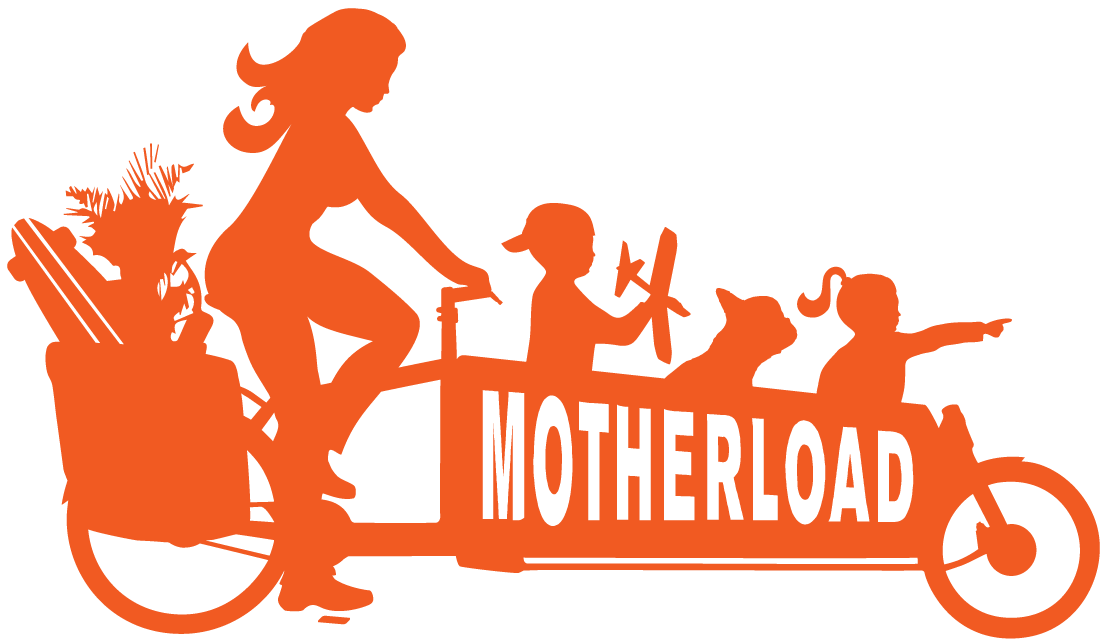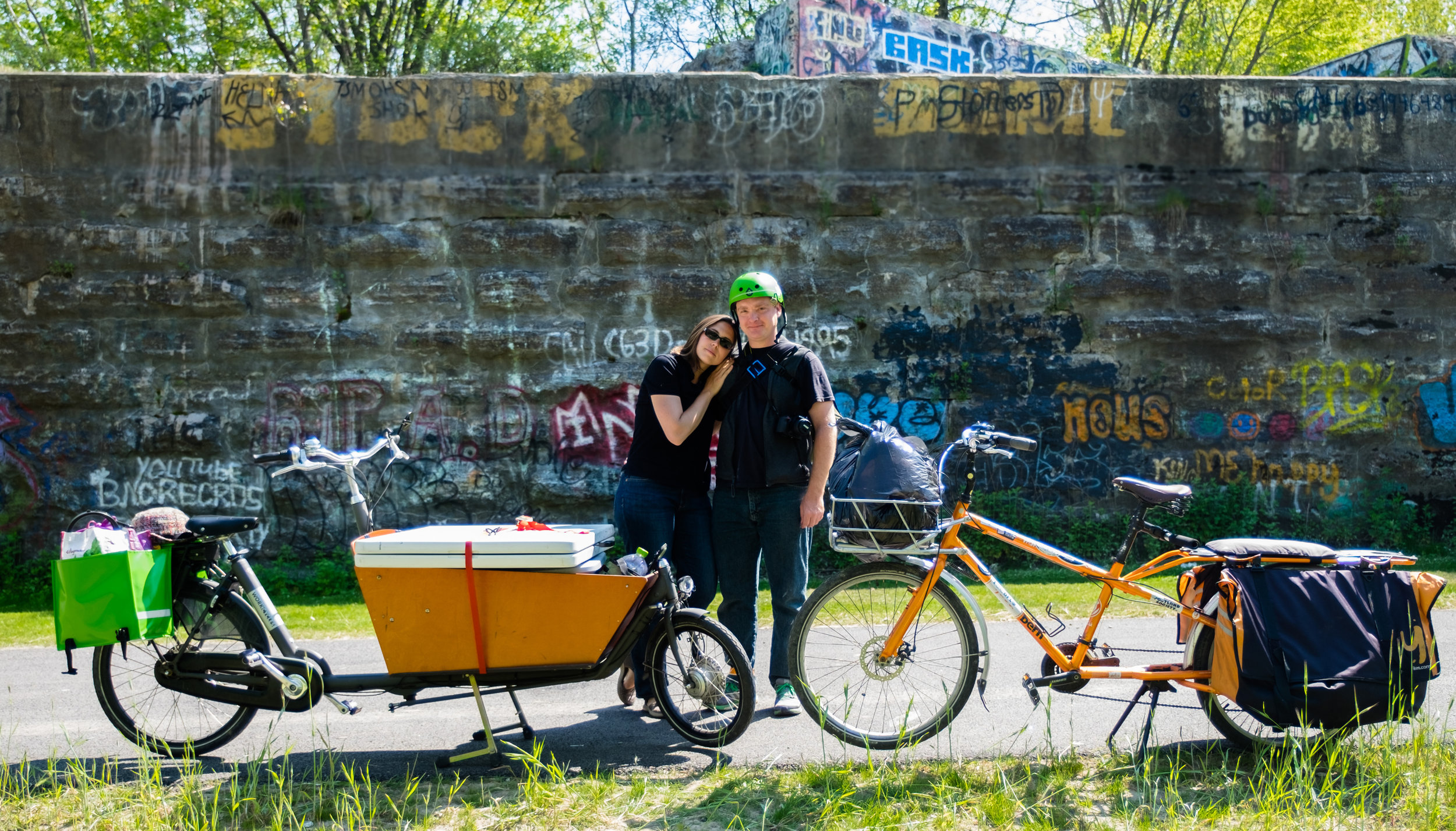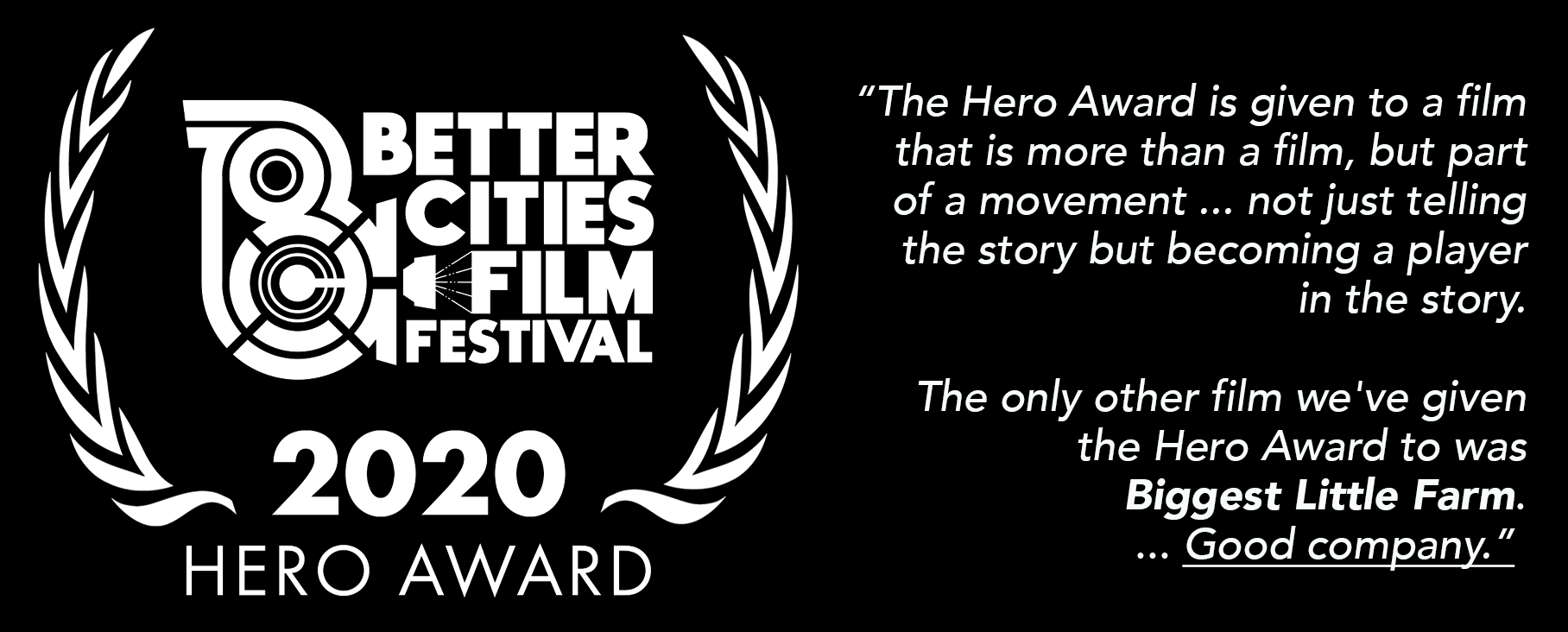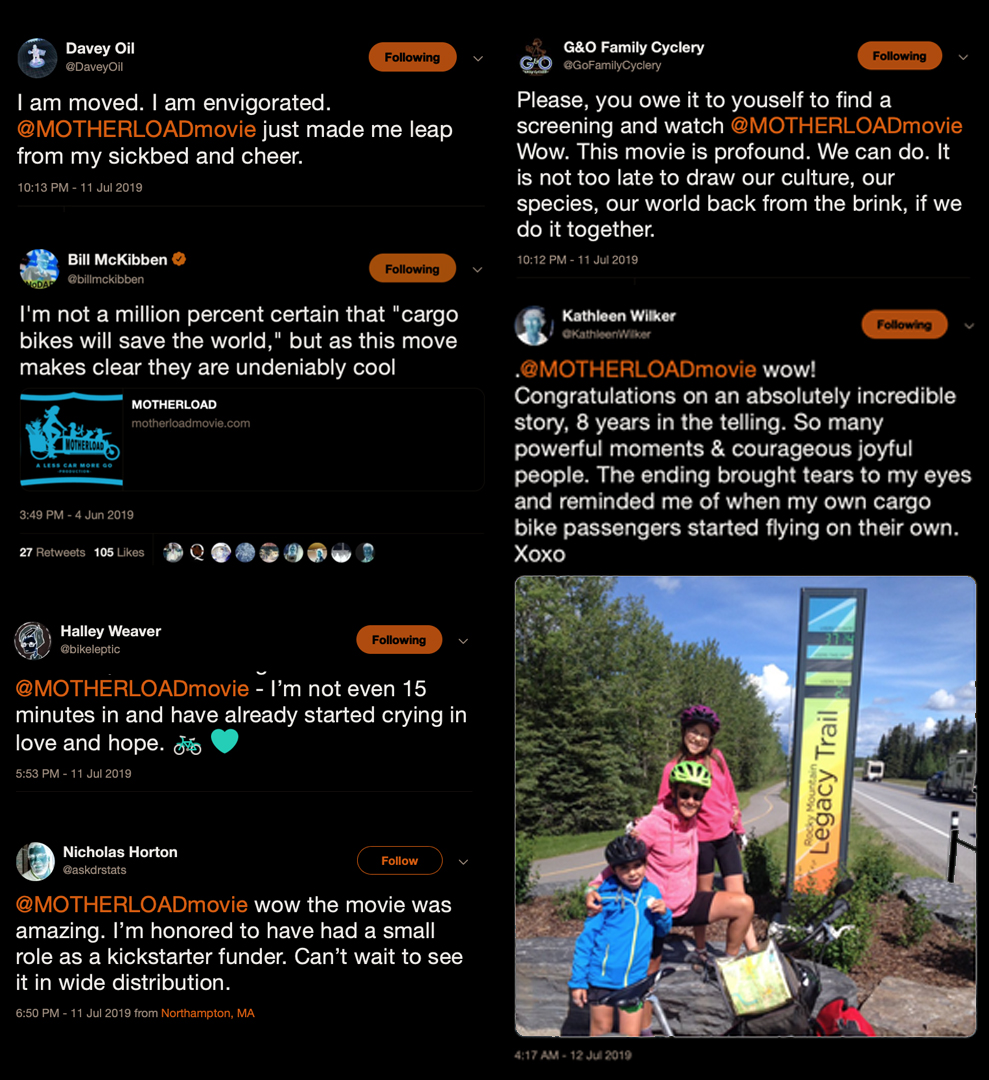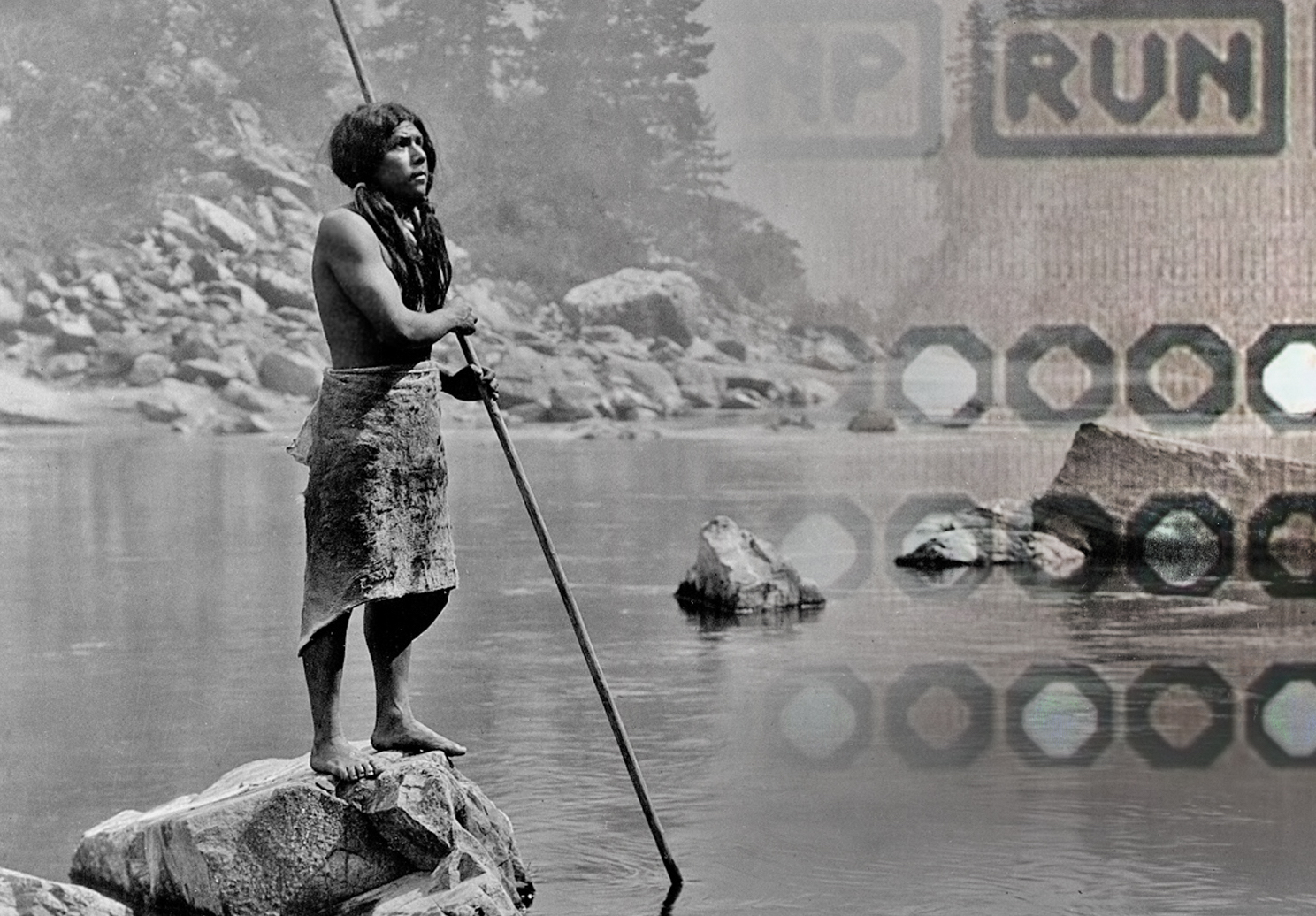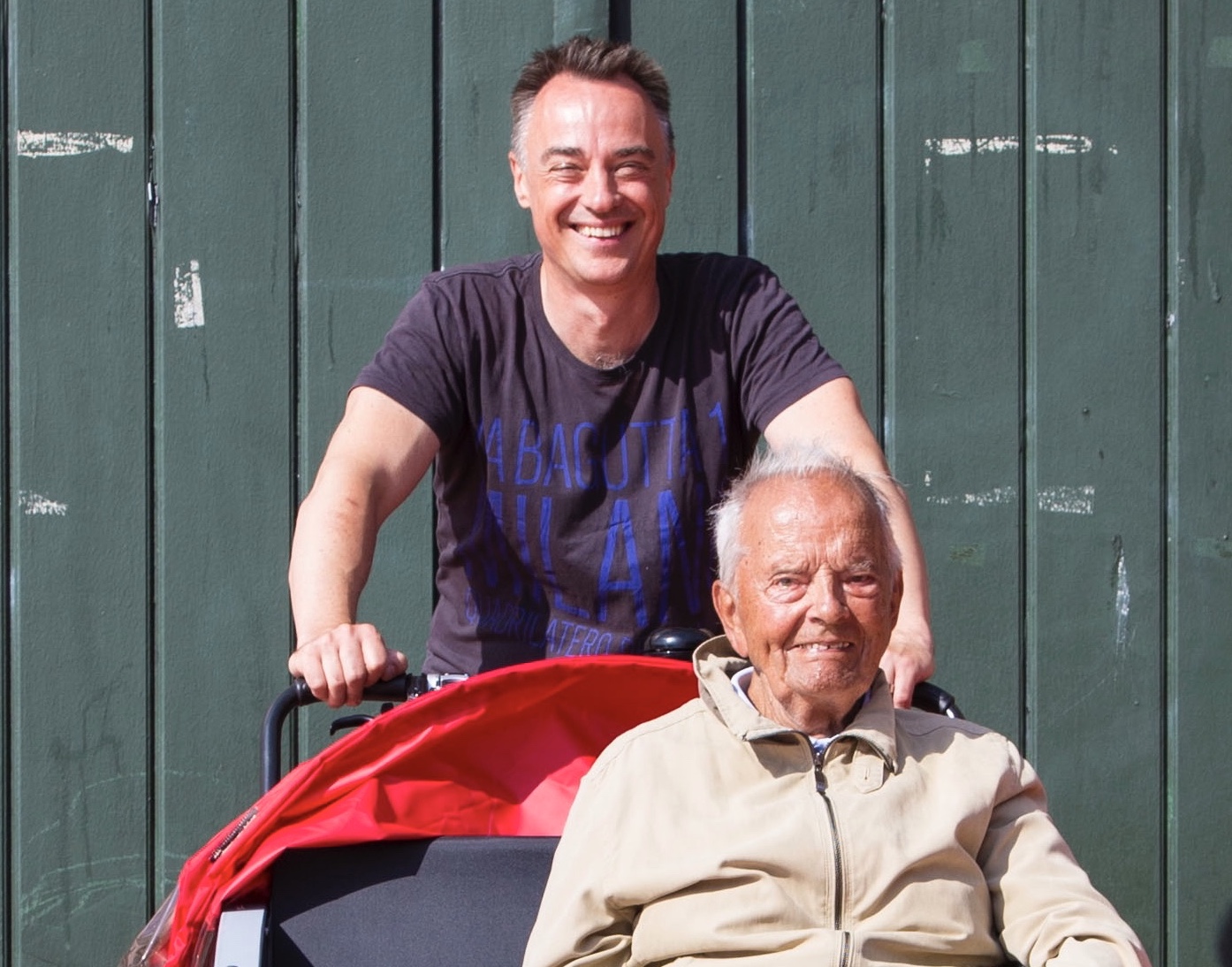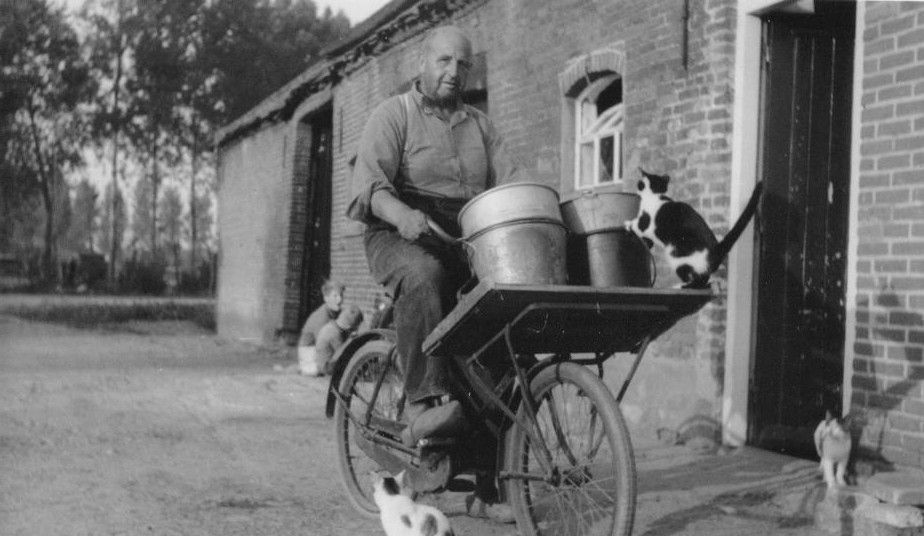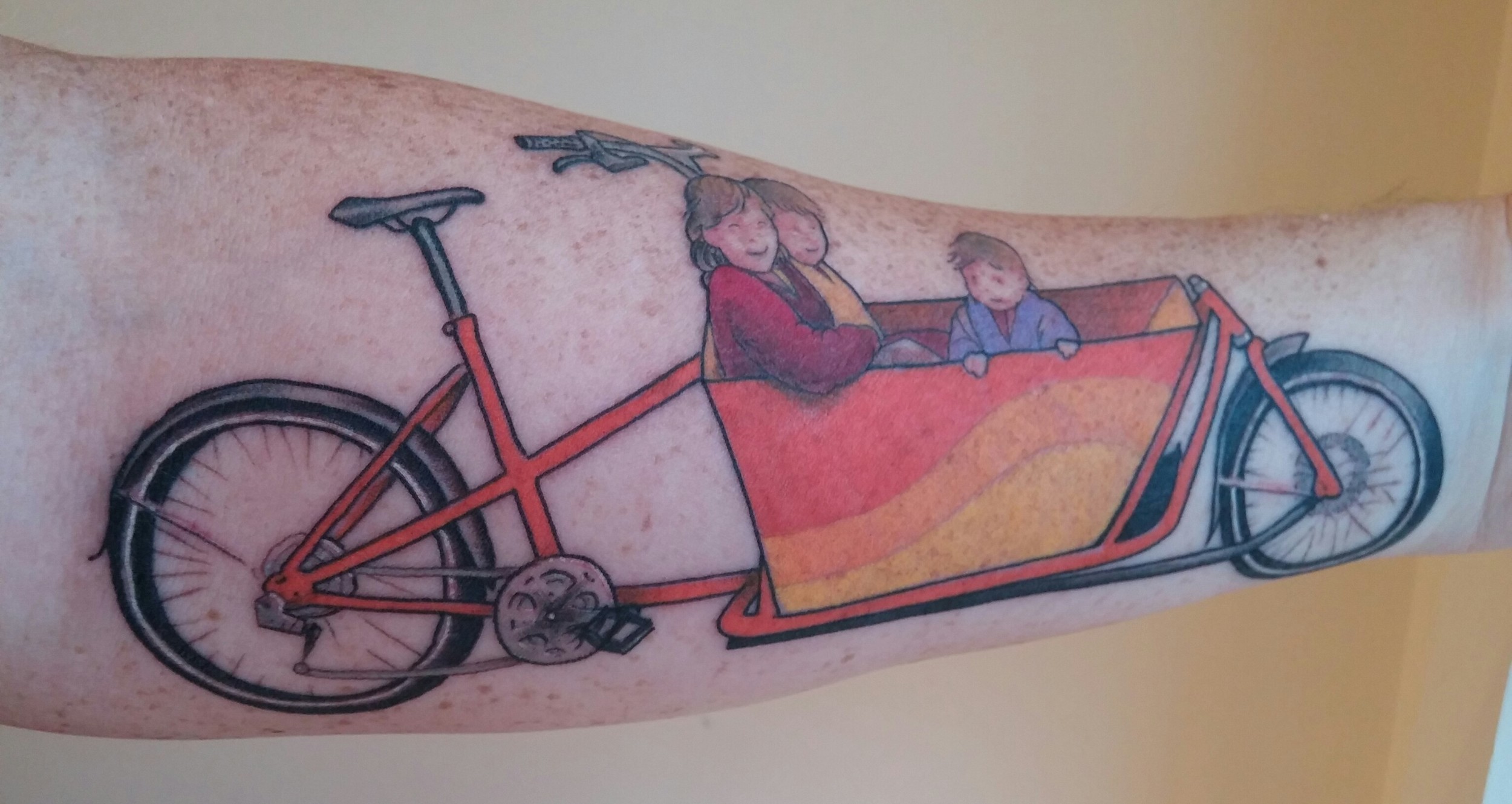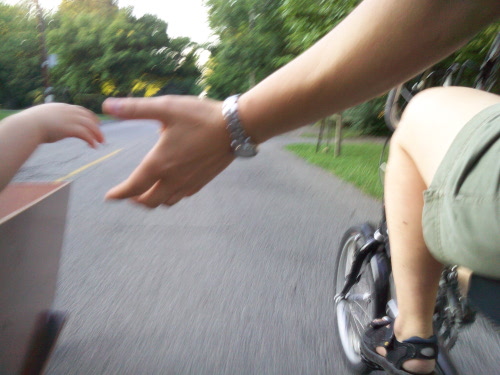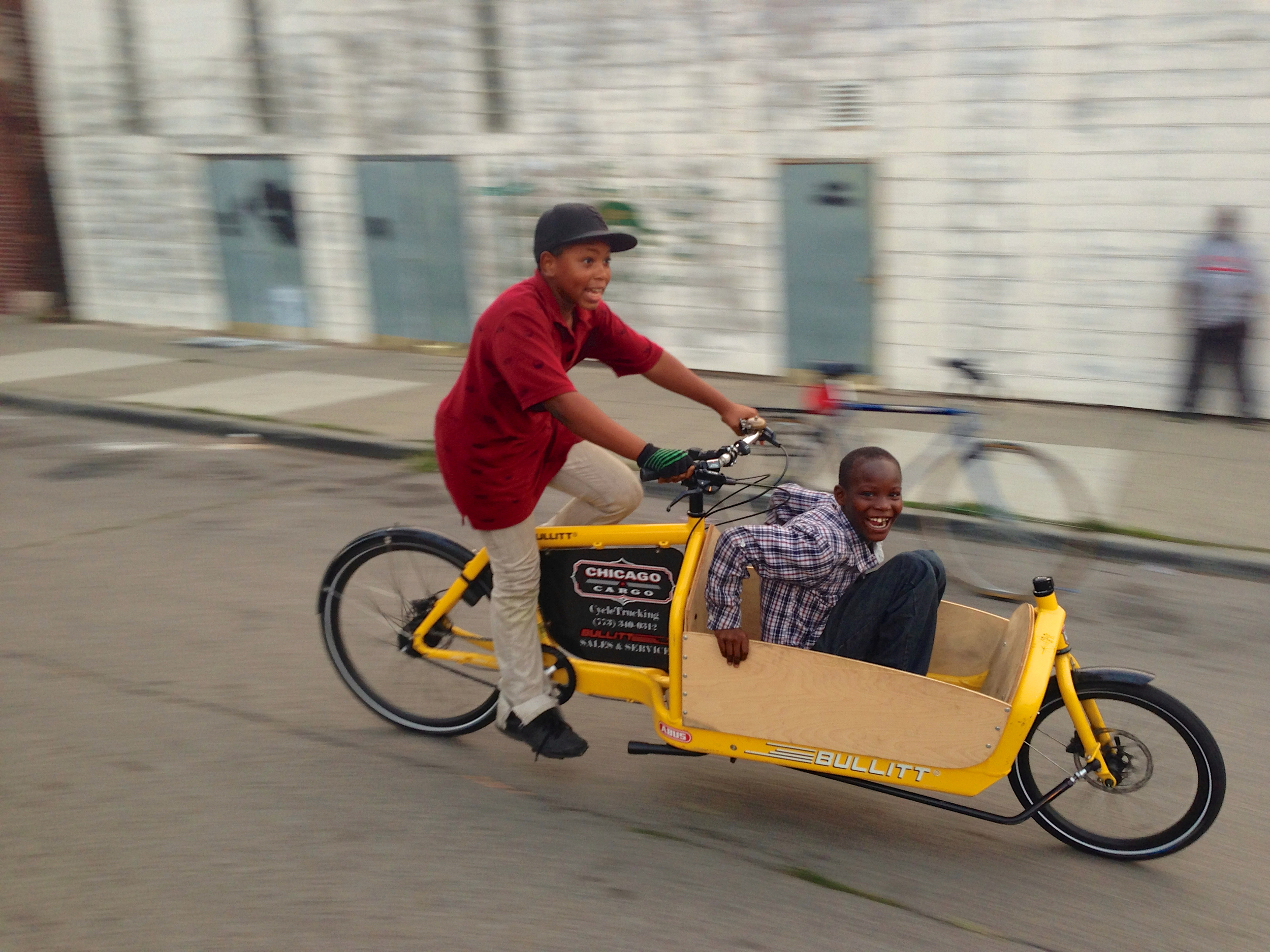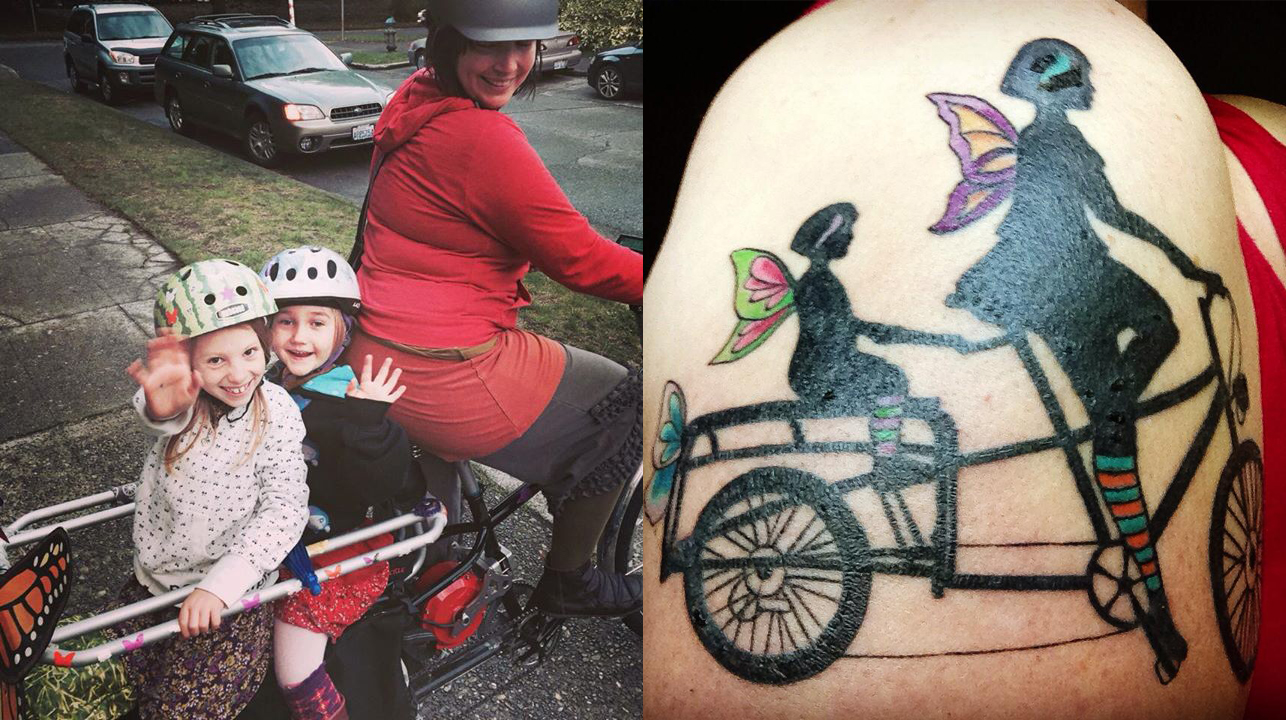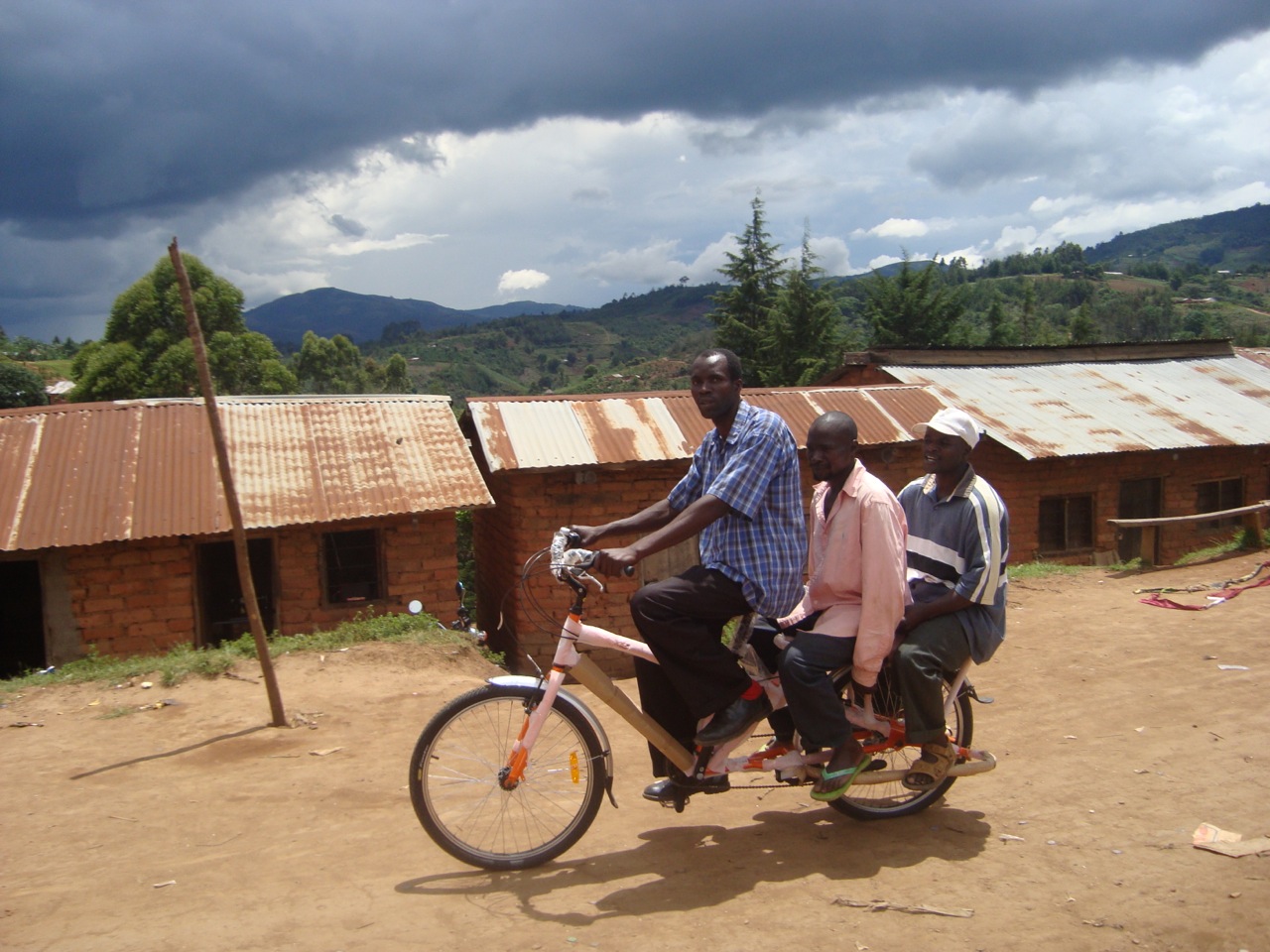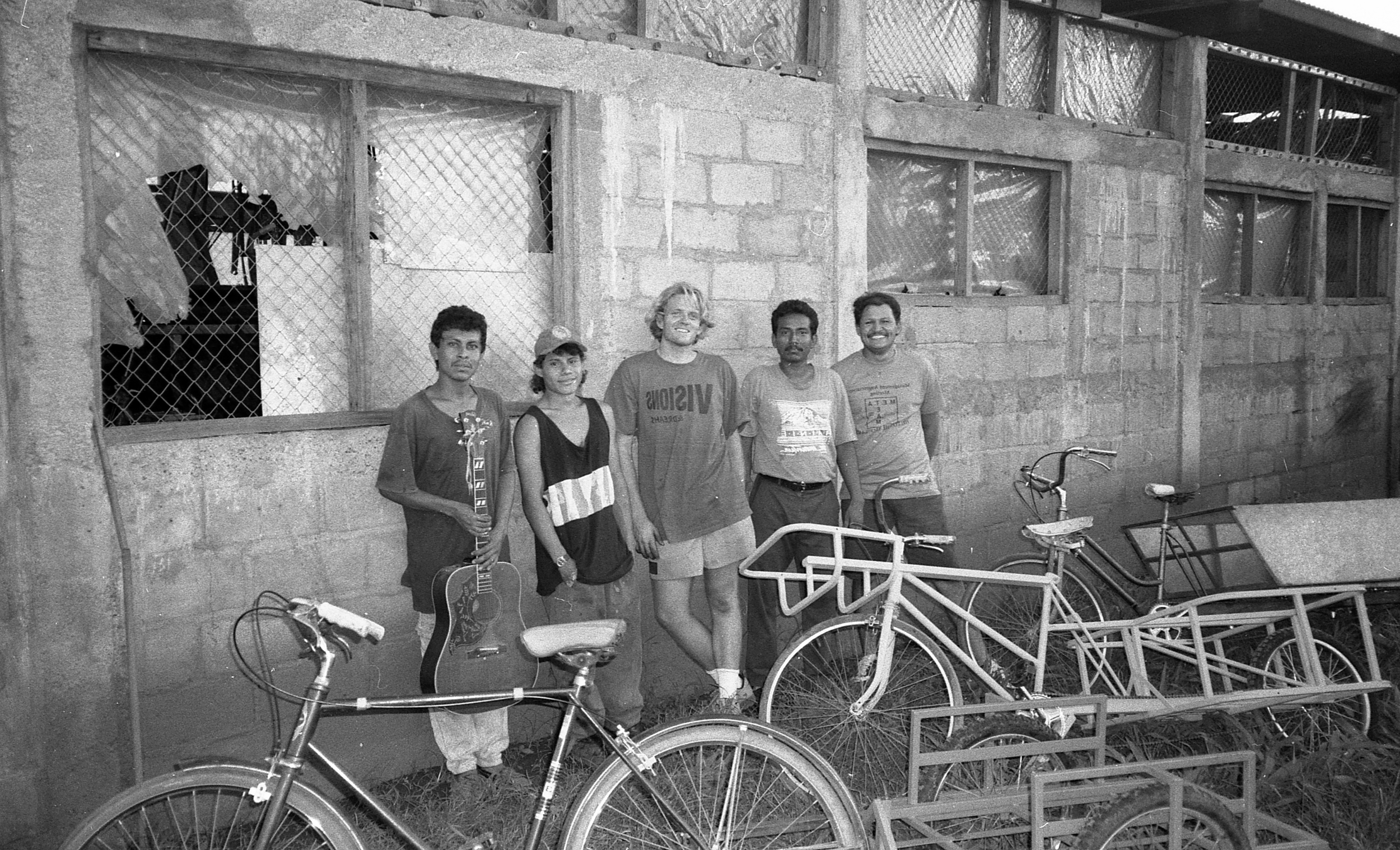An award-winning documentary that uses the cargo bike as the vehicle for exploring parenthood in this digital age of climate change.
MOTHERLOAD captures a new mother’s quest to understand the increasing isolation and disconnection of modern life, its planetary impact, and how cargo bikes could be an antidote.
Filmmaker Liz Canning cycled everywhere until she had twins in 2008. Motherhood was challenging, but to Liz hauling babies via car felt stifling. She Googled “family bike” and uncovered a global movement of people replacing cars with cargo bikes: long-frame bicycles designed for carrying heavy loads. Liz set out to learn more, and MOTHERLOAD was born.
Since its world premiere in May 2019, MOTHERLOAD has been on a Global Screening Tour featuring over 600 live and virtual venues.
A new video highlighting MOTHERLOAD as a platform for discussion on how we can #BuildBackBetter for everyone.
